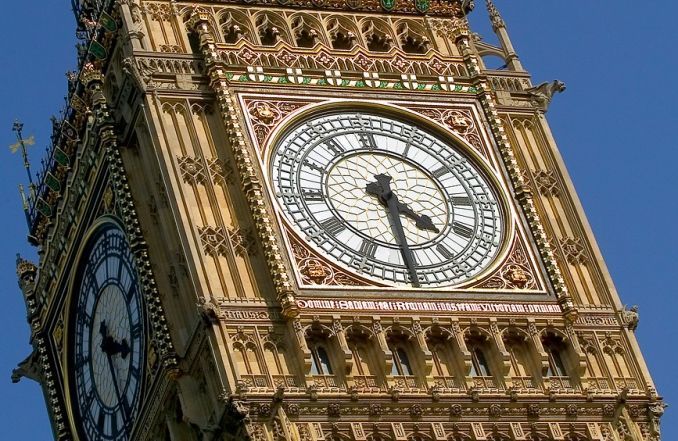Rowan Hall
@rowaninlondon.bsky.social
820 followers
1.2K following
170 posts
Impact Research Fellow @conunitucl.bsky.social | All views are my own
Posts
Media
Videos
Starter Packs
Reposted by Rowan Hall
Reposted by Rowan Hall
Rowan Hall
@rowaninlondon.bsky.social
· Sep 7
Rowan Hall
@rowaninlondon.bsky.social
· Sep 7
Rowan Hall
@rowaninlondon.bsky.social
· Sep 7
Rowan Hall
@rowaninlondon.bsky.social
· Sep 7
Reposted by Rowan Hall
Rowan Hall
@rowaninlondon.bsky.social
· Aug 8
Reposted by Rowan Hall
Jacob Gifford Head
@giffordhead.co.uk
· Jul 29
Reposted by Rowan Hall
Dan Snow
@thehistoryguy.bsky.social
· Jul 23
Reposted by Rowan Hall
Will Jennings 🗳️
@drjennings.bsky.social
· Jul 17
Rowan Hall
@rowaninlondon.bsky.social
· Jul 15
Reposted by Rowan Hall
Rowan Hall
@rowaninlondon.bsky.social
· Jul 15
Rowan Hall
@rowaninlondon.bsky.social
· Jul 11
Reposted by Rowan Hall
















